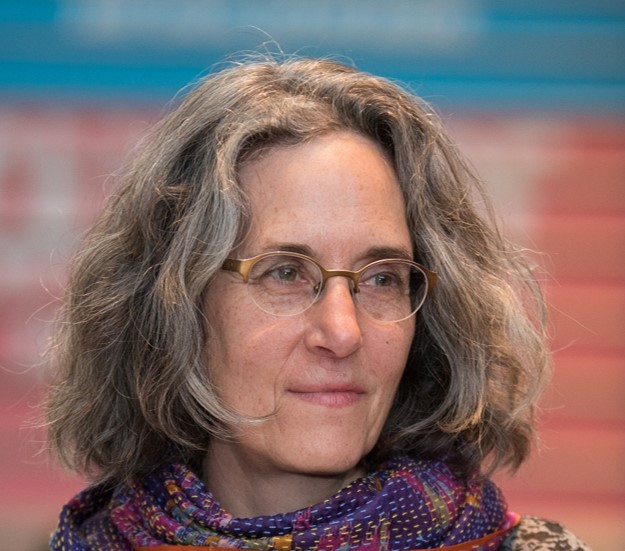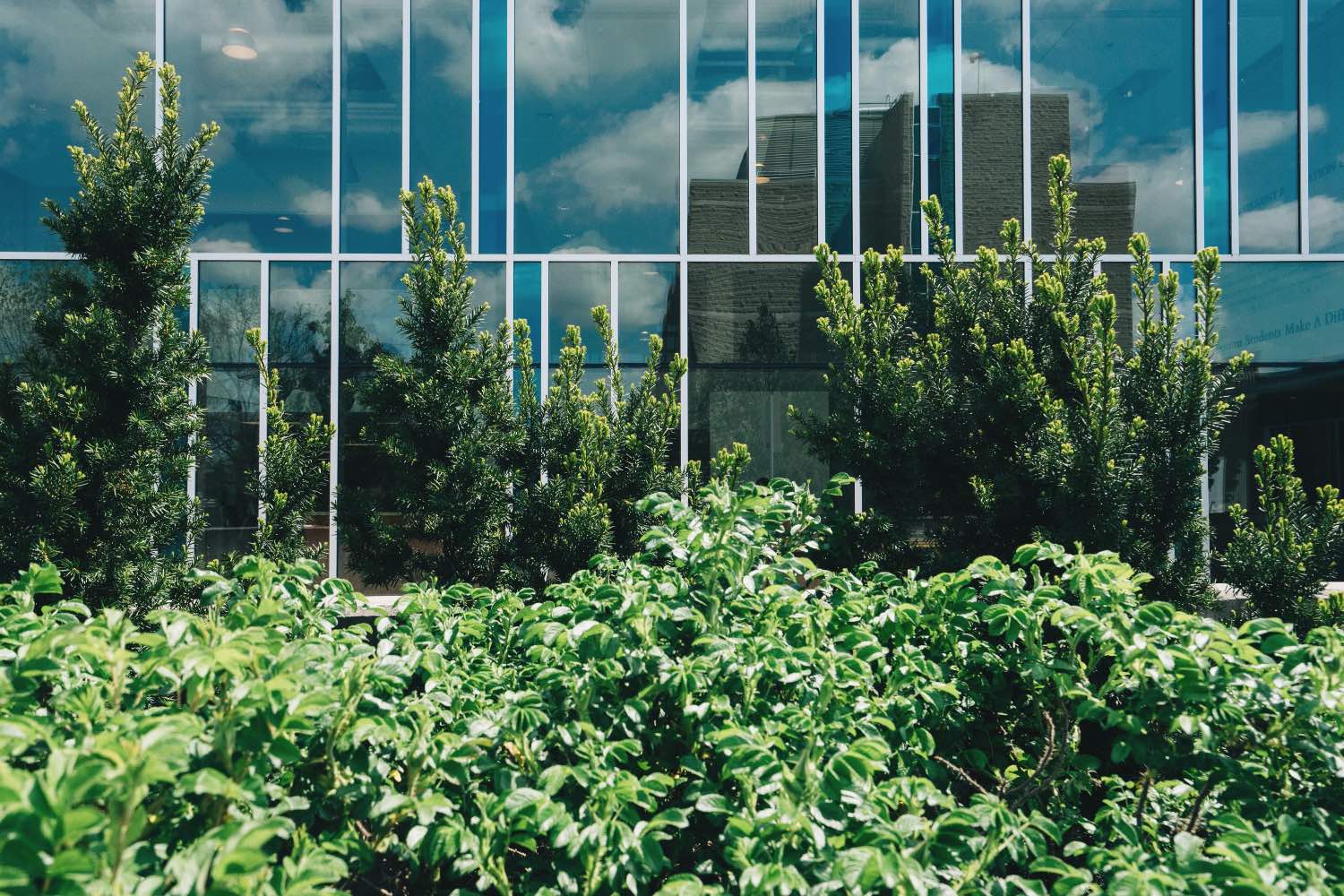
Professor
Department of Biological Science
Université de Montréal
Principal Investigator of Canadensys
Co-PI of Legume Phylogeny Working Group
Co-PI of the CABO Project
Email: anne.bruneau@umontreal.ca
Personal website : https://www.irbv.umontreal.ca/chercheurs/anne-bruneau
Expertises
- Phylogenetic analyses
- Molecular and morphological systematics
- Plant taxonomy
- Biogeography
Research interests
Systematics, phylogenetics, taxonomy, biogeography and evolution of flowering plants. My research group aims to reconstruct phylogenetic relationships in angiosperms, focussing in particular on tropical members of the legume family (peas, beans; Fabaceae or Leguminosae). This allows us to arrive at predictive and stable classification systems that reflect evolutionary history and to better understand species delimitations and interspecific relationships. The phylogenies are used as an evolutionary framework to better understand molecular and morphological evolution in these groups. We are interested in the evolution of pollination systems, in modifications in floral morphology, and in biogeographical and ecological evolution. We use a diversity of approaches, from sequencing of DNA, to phylogenomics, morphological studies, and analyses of broad biogeographical and ecological datasets. Our ultimate goes is to better understand plant biodiversity across the world.
Major collaborative projects
Canadensys: I am the Principal Investigator of Canadensys, a pan-Canadian network that makes biodiversity information freely and openly available to everyone https://community.canadensys.net
Legume Phylogeny Working Group: International network of researchers interested in phylogenetics and systematics of the legume family (see publications: LPWG 2013, 2017, 2019)
CABO Project: The objective of the Canadian Airborne Biodiversity Observatory (CABO) is to study and understand changes in plant biodiversity across Canada using spectranomics http://www.caboscience.org/

